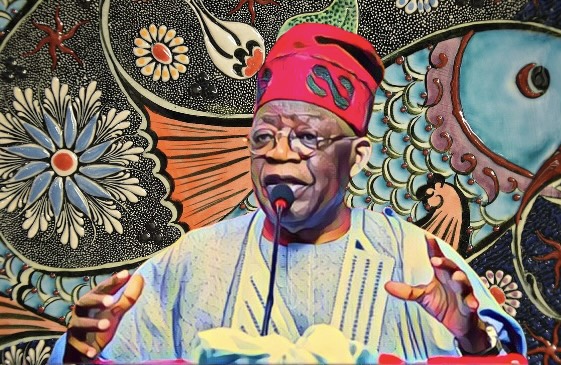President Bola Tinubu is poised to unveil a new minimum wage on May 1, International Labour Day, marking a significant move anticipated to benefit workers across Nigeria. This announcement, according to insider sources from the National Minimum Wage Committee, is expected to backdate the wage increase to April, signaling the government’s commitment to enhancing workers’ welfare in line with contemporary economic realities.
The committee, which has been engaged in rigorous discussions and public hearings across various zones, aims to consolidate feedback and finalize negotiations ahead of the Workers’ Day deadline. This collaborative effort underscores a nationwide endeavor to arrive at a fair and sustainable wage structure that reflects the collective aspirations and challenges faced by the Nigerian workforce.
Despite the existing minimum wage of N30,000 set to expire on March 31, the committee member hinted that reaching a consensus on the new rate requires a comprehensive review of inputs gathered from across the country. The upcoming negotiations promise to be a critical phase, incorporating diverse perspectives from key stakeholders, including labor unions, employers’ associations, and government representatives.
Amidst this backdrop, the government’s spokespersons have remained tight-lipped, emphasizing the ongoing nature of the talks. However, a presidential aide hinted that President Tinubu might not delay the wage announcement until May 1 if the committee finalizes its recommendations in time, highlighting the urgency and importance attributed to this issue.
The call for a new minimum wage has gained momentum against the backdrop of Nigeria’s inflationary pressures, emphasizing the need for a wage structure that mirrors the economic realities faced by workers. The labor unions, steadfast in their demand for a fair and livable wage, have cautioned state governors against any reluctance to implement the forthcoming wage adjustments, signaling a readiness to address any form of non-compliance.
As the National Minimum Wage Committee progresses towards its goal, the anticipation builds not only among workers but also across the broader spectrum of Nigerian society. The potential wage adjustment is seen as a pivotal step towards ensuring economic stability and social equity, reinforcing the government’s role in fostering a conducive environment for growth and prosperity.
The outcome of these deliberations holds the promise of a new chapter for Nigerian workers, one where their contributions are acknowledged and valued through a just and equitable compensation framework. As May 1 approaches, all eyes are on President Tinubu and the National Minimum Wage Committee, with high hopes for an announcement that will mark a significant milestone in the nation’s labor history.


